User Experience of Several Automatic Modeling Products
Ymodel, Weka, and Rapidmine Studio (hereinafter collectively referred to as Rapidminer) are three products that do well in automatic model-building. In the article Comparison of Automatic Modeling Effects of Ymodel, Weka, Rapidminer we tested the modeling effects of the three; in this article, we’ll compare them from the perspective of user experience.
Product overview
YModel is a software specifically designed for automatic modeling, providing a fully automated modeling experience.
Weka and Rapidminer are software that integrates manual and automatic modeling. The comparative description in this article is only for the automodeling part.
Installation
Weka: AutoWEKA is an extension package for Weka. You need to first install Weka and then install it yourself in the package manager. During the installation process, you may encounter issues such as inability to connect or installation failure, and you need to solve them yourself.
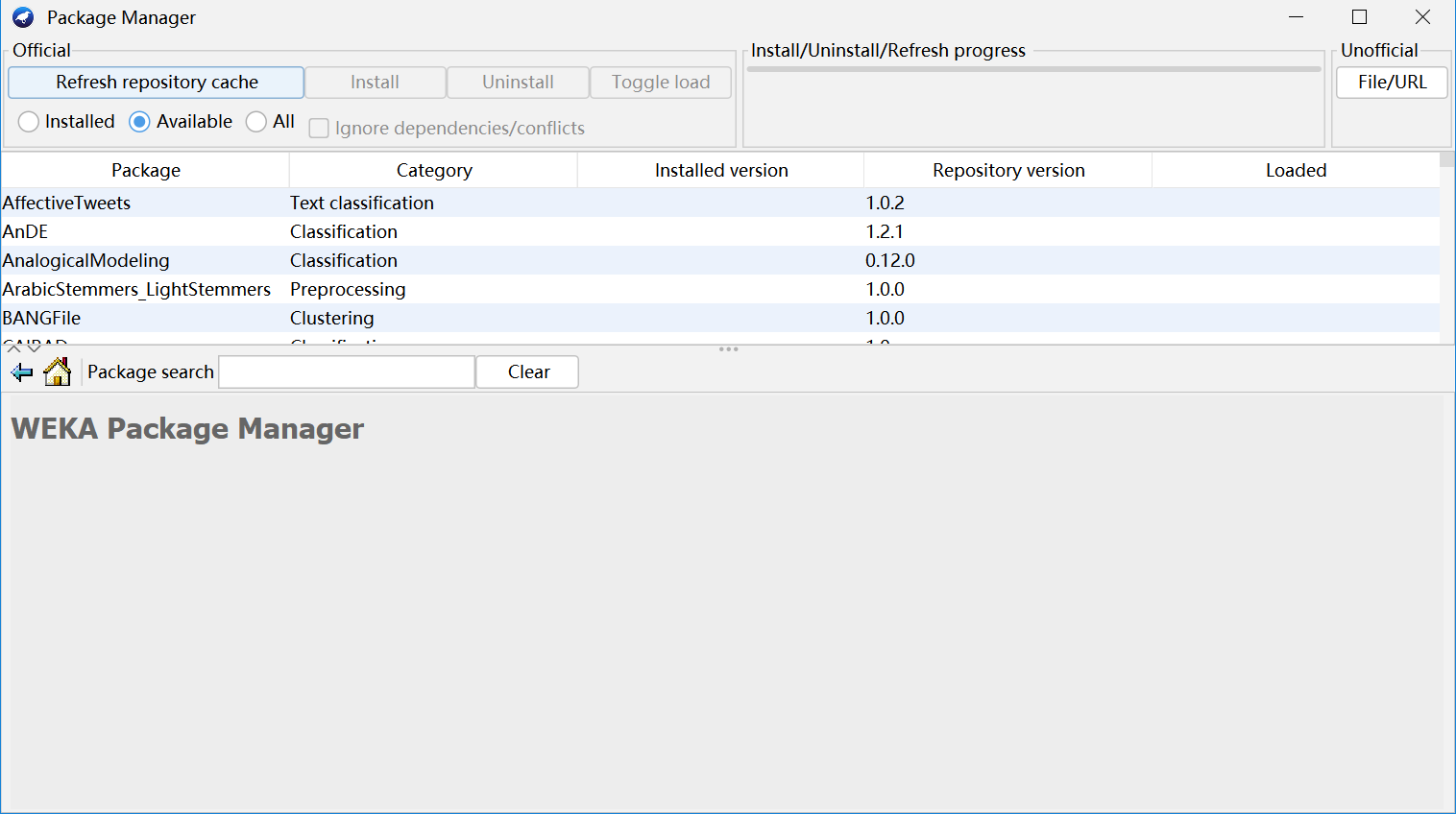
YModel: A specialized automated modeling software that can be installed directly.
Rapidminer: Automatic modeling is an important functional module of Rapidminer, which can be directly installed.
Difficulty in Getting Started
YModel is a pure automatic modeling tool with the simplest operation. After clicking on the modeling function on the main interface, a dialog box will pop up step by step to guide users in importing data, setting character formats, configuring target variables, etc. It is very smooth to use and almost does not require looking through documents..
Rapidminer is in the second place, with slightly more functions, but the automatic modeling part is not difficult to use, and users can quickly become familiar with it with the help of documents.
Weka's main interface provides several different operation methods, such as menu-based operation, workflowbased operation, and command line operation. If you are a beginner, you need to spend some time learning. Automatic modeling is not an independent function in Weka, but a special model, so the operation and manual modeling parts are mixed together, and many operations require users to find them.
Modeling automation level
All the three software can achieve fully automated data preprocessing and modeling processes, which can be used even by non-professionals. The modeling effect is also good, and the performance on different datasets varies. Please refer to the last article the article Comparison of Automatic Modeling Effects of Ymodel, Weka, Rapidminer.
In terms of the automation level of the modeling process, Ymodel and Rapidminer are better than AutoWeka.
For example, there may be some data types that AutoWeka cannot recognize and need to be manually processed in advance in Weka. Ymodel and Rapidminer did quite well, and there were no unrecognized data types in the several sets of data tested.
To compare between Ymodel and Rapidminer, each has its own characteristics.
Ymodel is a specialized automation modeling software that maximizes the automation of the entire process. For example, when importing data, YModel will automatically analyze variables, calculate many statistical indicators, generate variable distribution charts, calculate correlations with target variable, and deselectuseless variables. Basically, the commonly used indicators for analyzing variables have all been calculated.

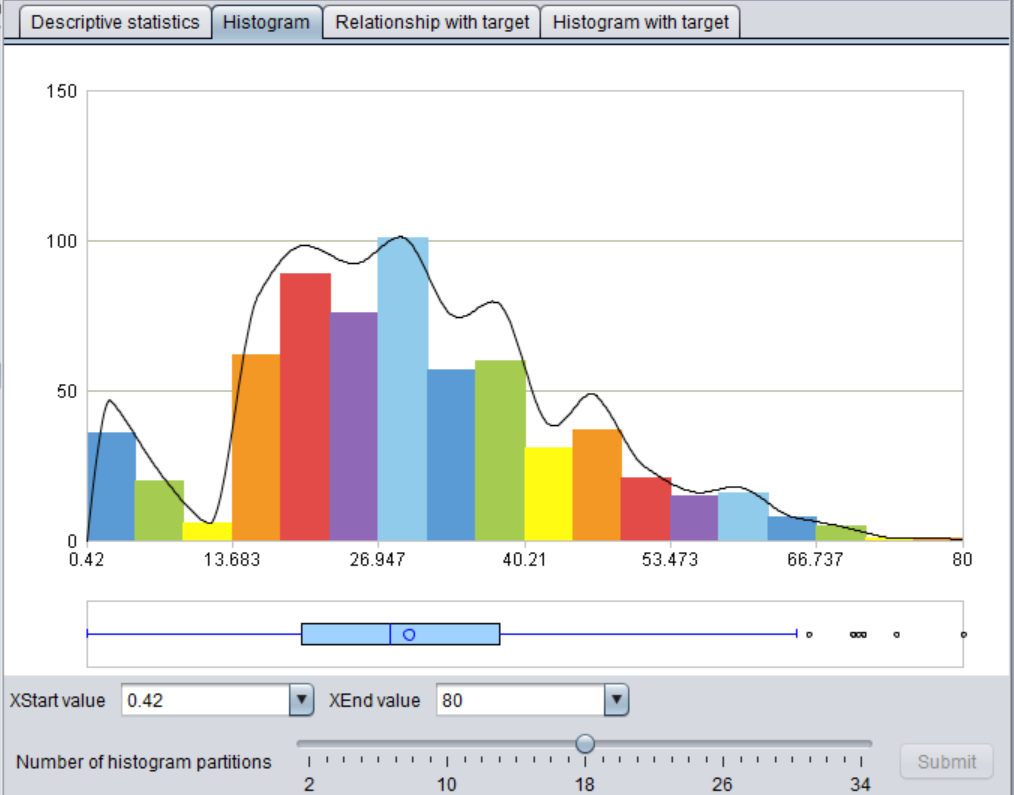
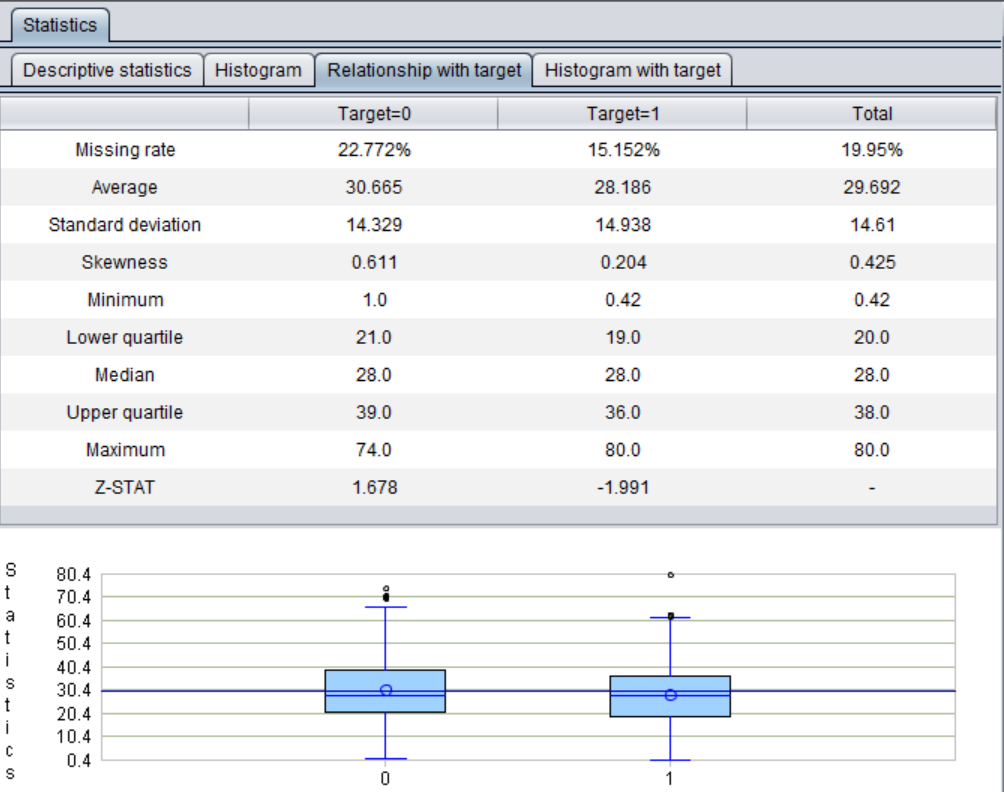
Rapidminer only conducts basic analysis of variable quality when importing data, helping users deselectuseless variables and missing more statistical analysis indicators.
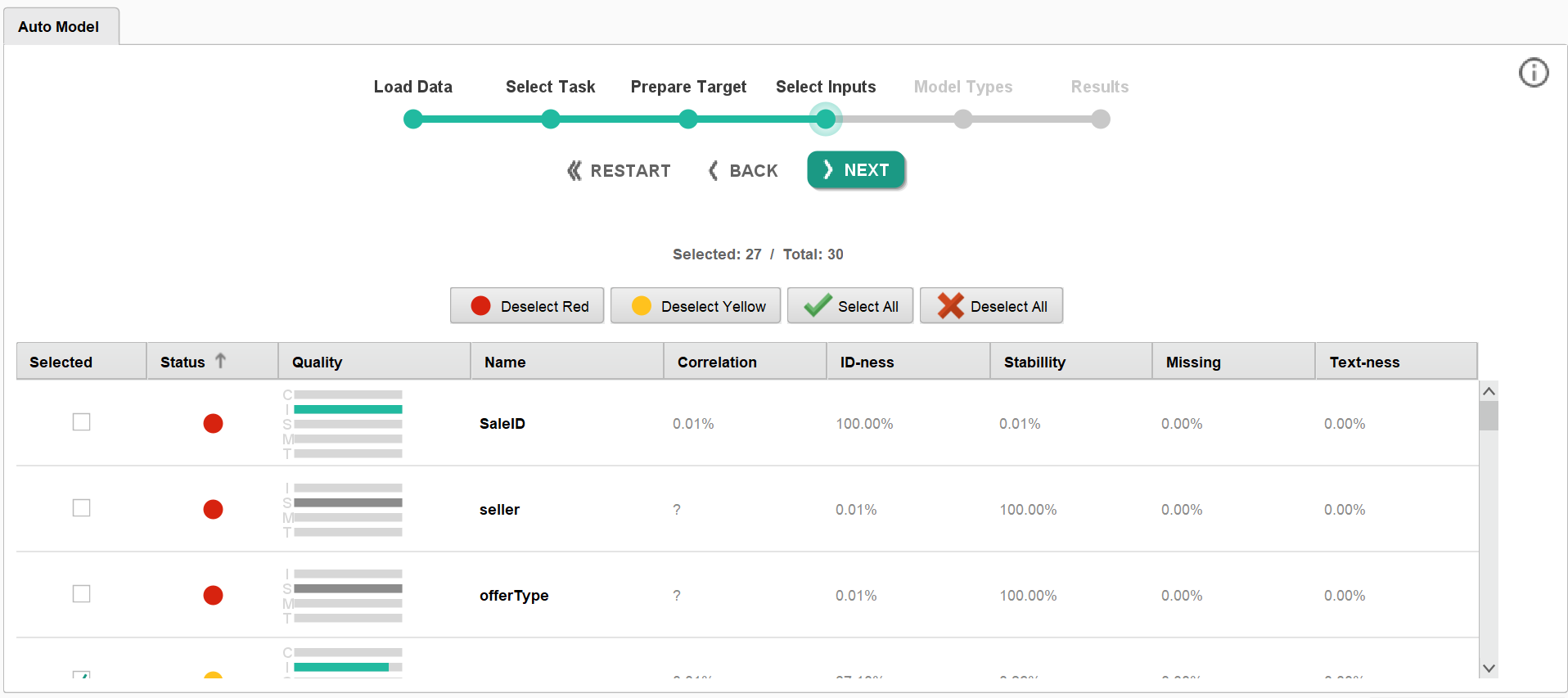
In the recognition of target variable types, for the common forms of 0,1, Ymodel can recognize it as a classification model, while Rapidminder defaults to identifying it as a numerical value and requires users to manually switch it to classification. Similarly, when using numbers to represent classifications in variables, Ymodel can recognize them as classifications, while Rapidminer only recognizes them based on data types and requires users to manually modify them.
After the model is built, Ymodel will automatically output the optimal model directly, while Rapiminer will suggest the optimal models for users to choose which one to save.
Moreover, Ymodel does a good job in details, such as recording the character format, time format, missing value format, and other information configured when importing modeling data. When predicting, it is automatically configured without the need for repeated configuration on the predicted data.
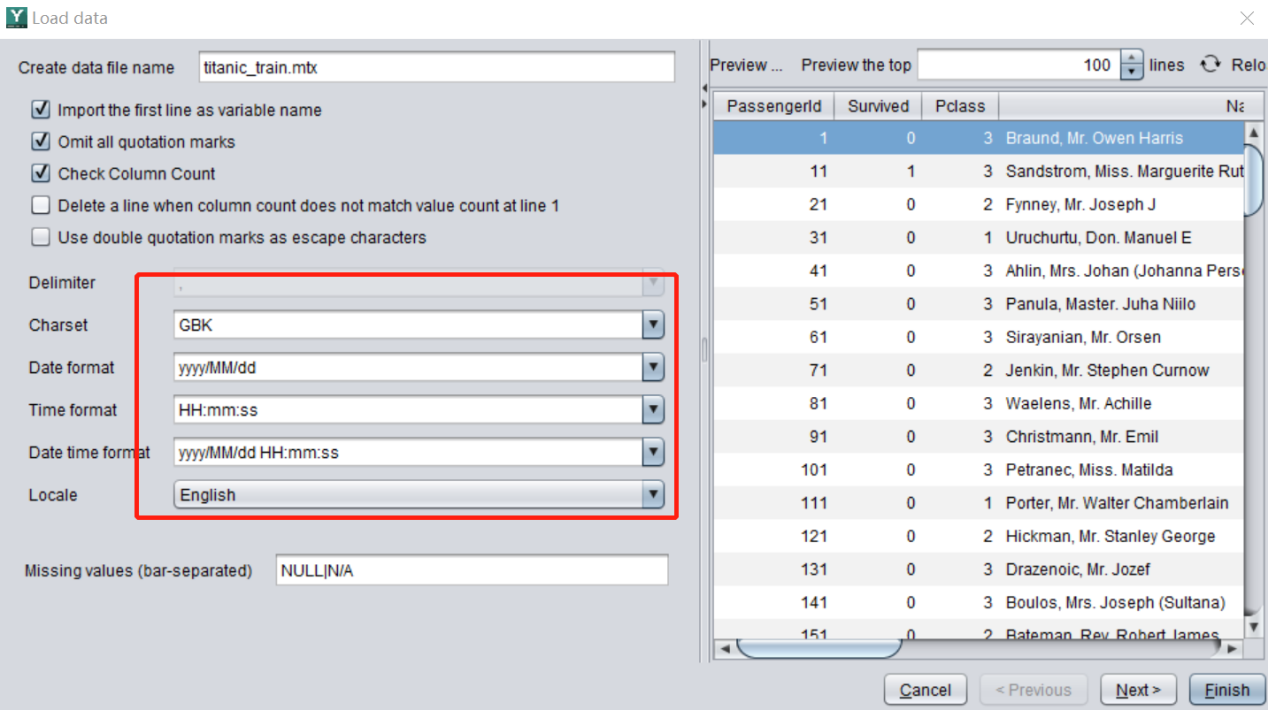
Display of model results
For the display of model results, Rapidminer does a relatively abundant job. A model file contains a lot of contents, such as model structure, model performance, and the workflowgenerated by the model.
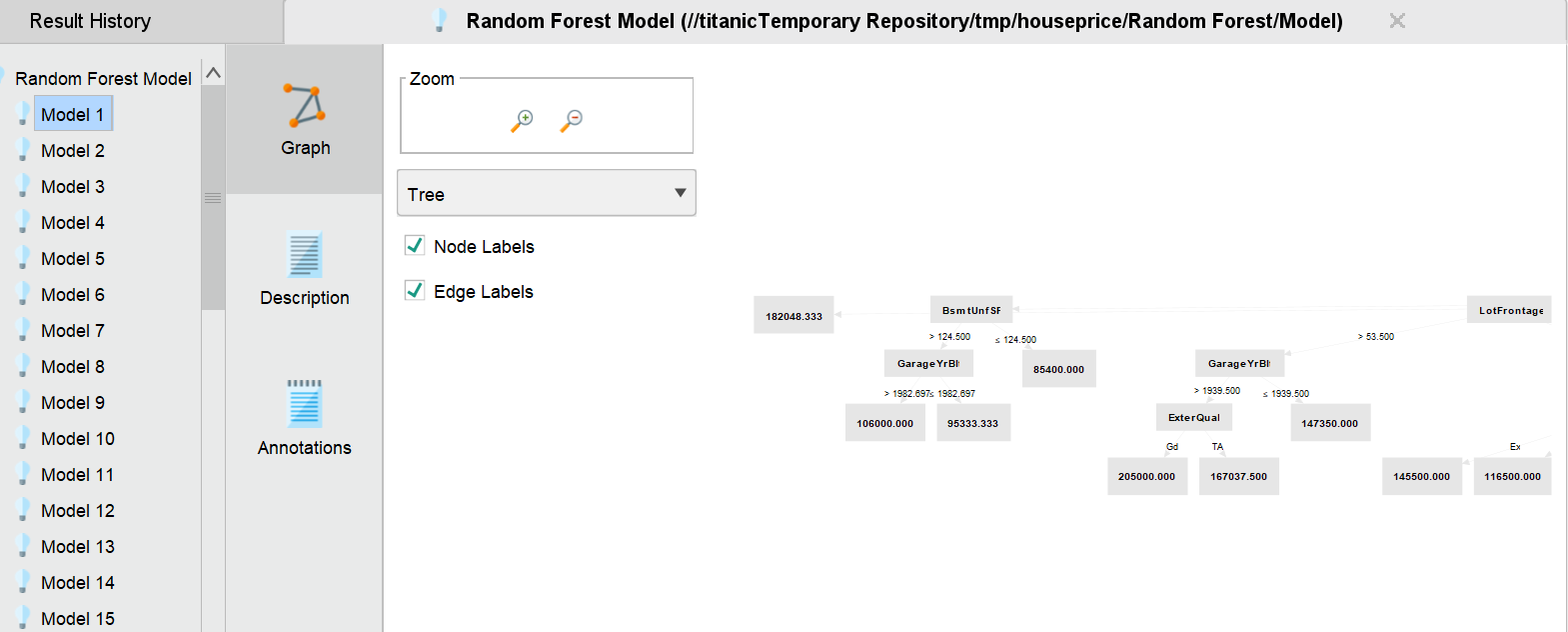

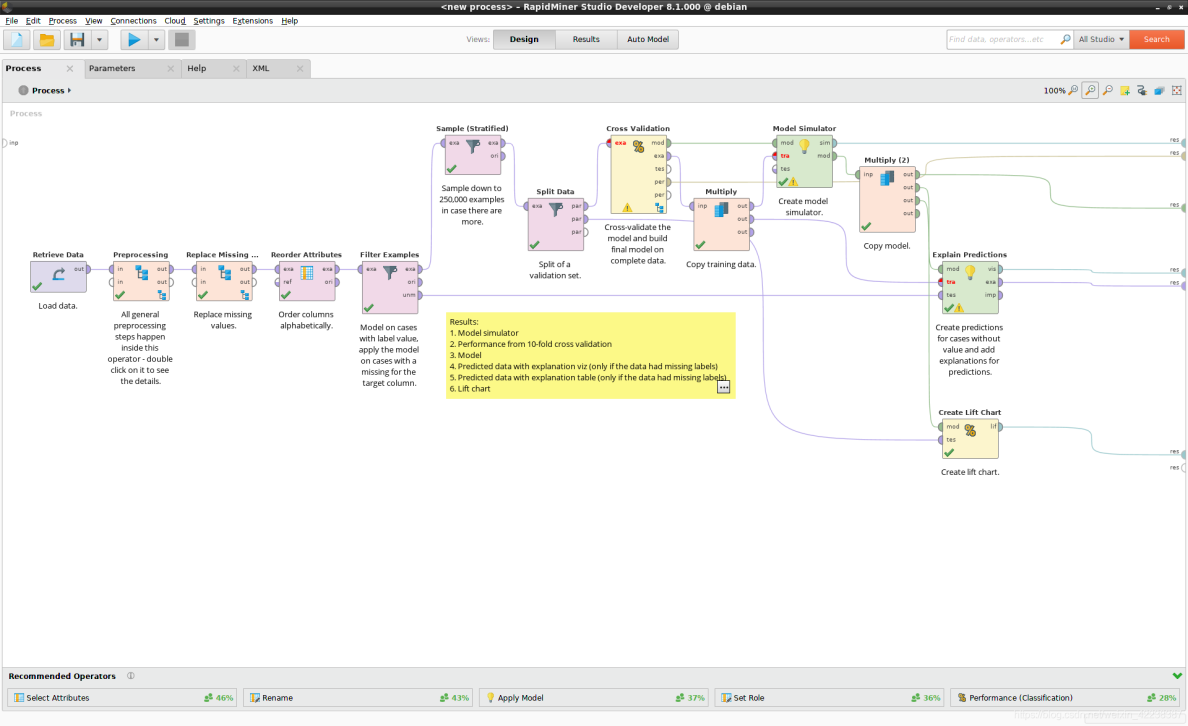
In Ymodel, the selected optimal model, its parameters, and model performance can be seen in the model results.
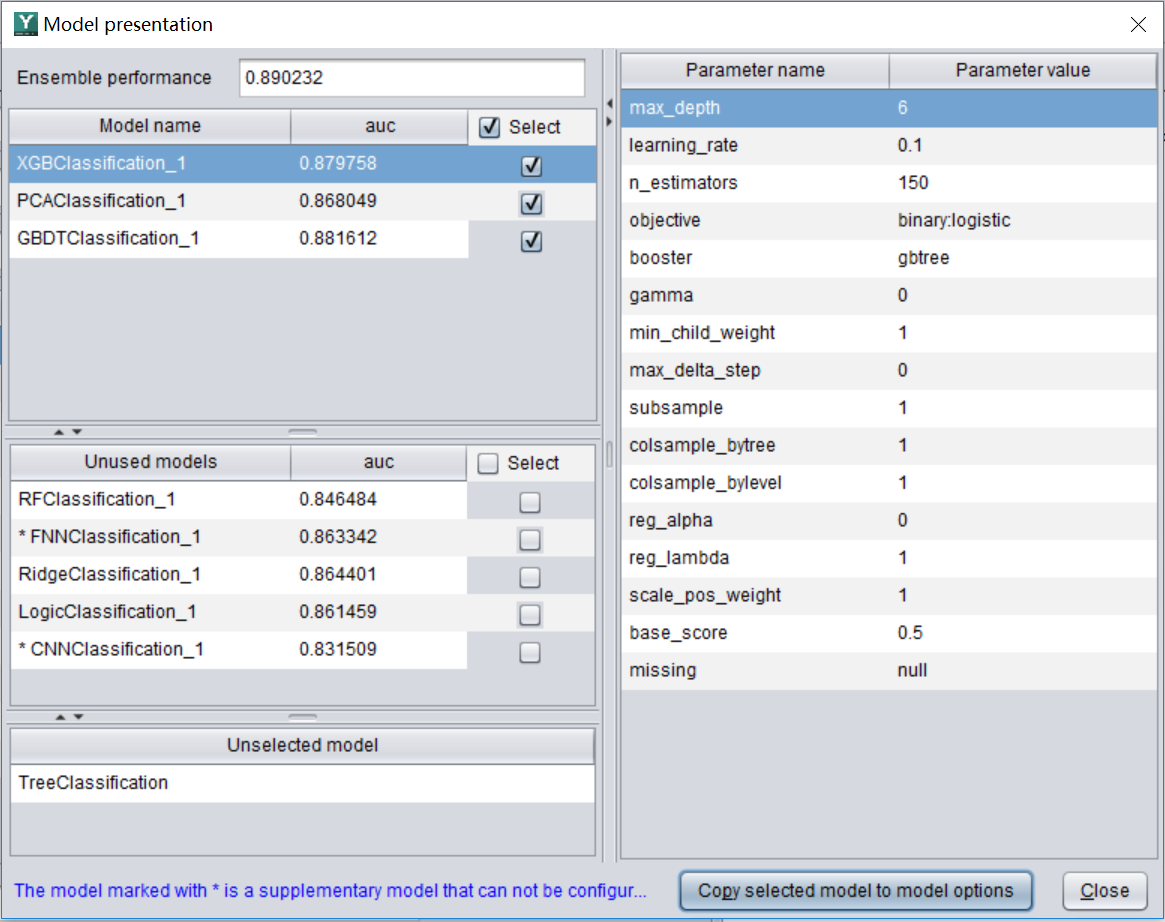
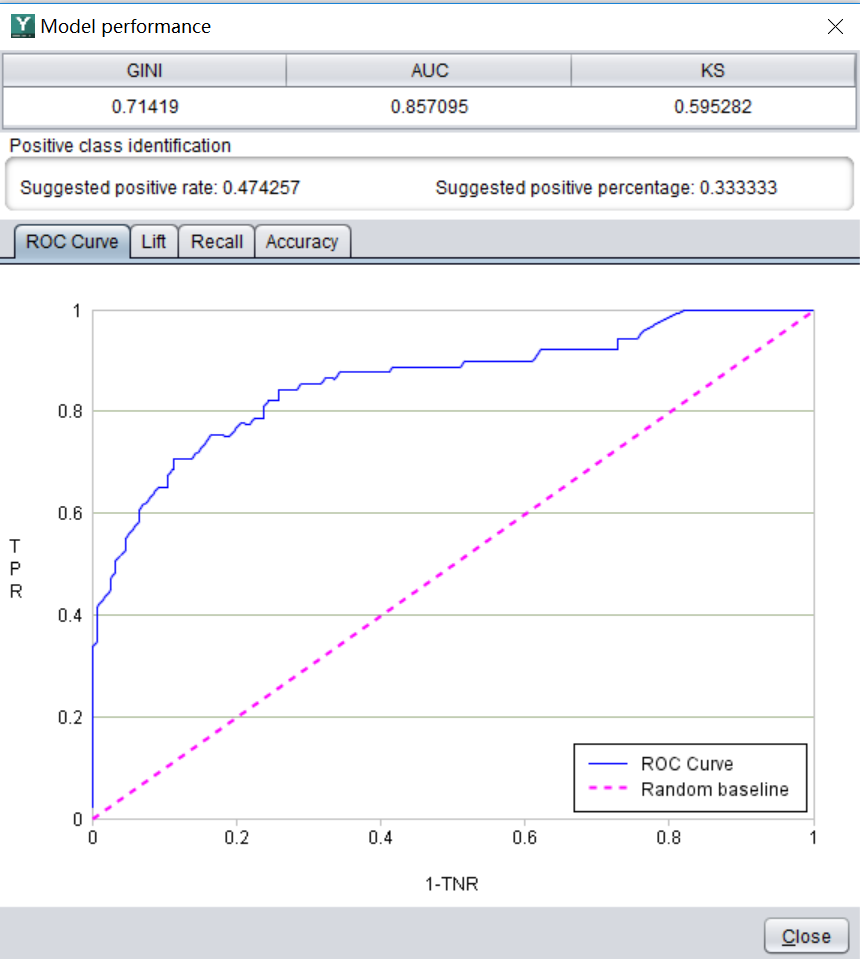
Weka's automatic modeling result presentation is relatively simple, with only the most basic descriptions.
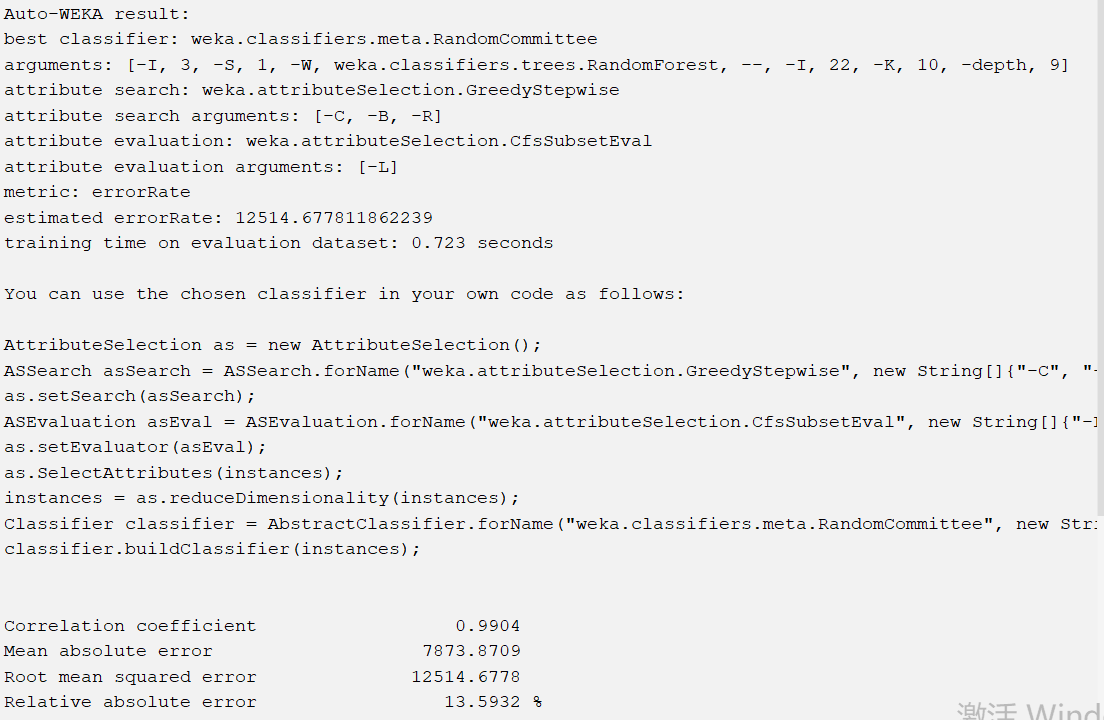
Functions
AutoWeka: Classification, Regression
YModel: Classification, Regression, Time Series
Rapidminer: Classification, Regression, Clustering, Outlier detection
Another highlight of Rapidminer is that its automatic modeling process is transparent, allowing users to make modifications and optimizations in the workflow, resulting in higher flexibility.
API
YModel can be integrated into users' own systems such as Java, Python, C #, etc.
Rapidminer provides REST API and Python API
Weka provides REST API and Java API
Overall Experience
Weka |
YModel |
Rapidminer |
|
Easy to install |
★★ |
★★★ |
★★★ |
Easy to get started |
★ |
★★★ |
★★ |
Modeling automation level |
★ |
★★★ |
★★ |
Display of model results |
★ |
★★ |
★★★ |
Functions |
★ |
★★ |
★★★ |
API |
★★★ |
★★★ |
★★★ |
SPL Official Website 👉 https://www.scudata.com
SPL Feedback and Help 👉 https://www.reddit.com/r/esProcSPL
SPL Learning Material 👉 https://c.scudata.com
SPL Source Code and Package 👉 https://github.com/SPLWare/esProc
Discord 👉 https://discord.gg/2bkGwqTj
Youtube 👉 https://www.youtube.com/@esProc_SPL



Chinese version